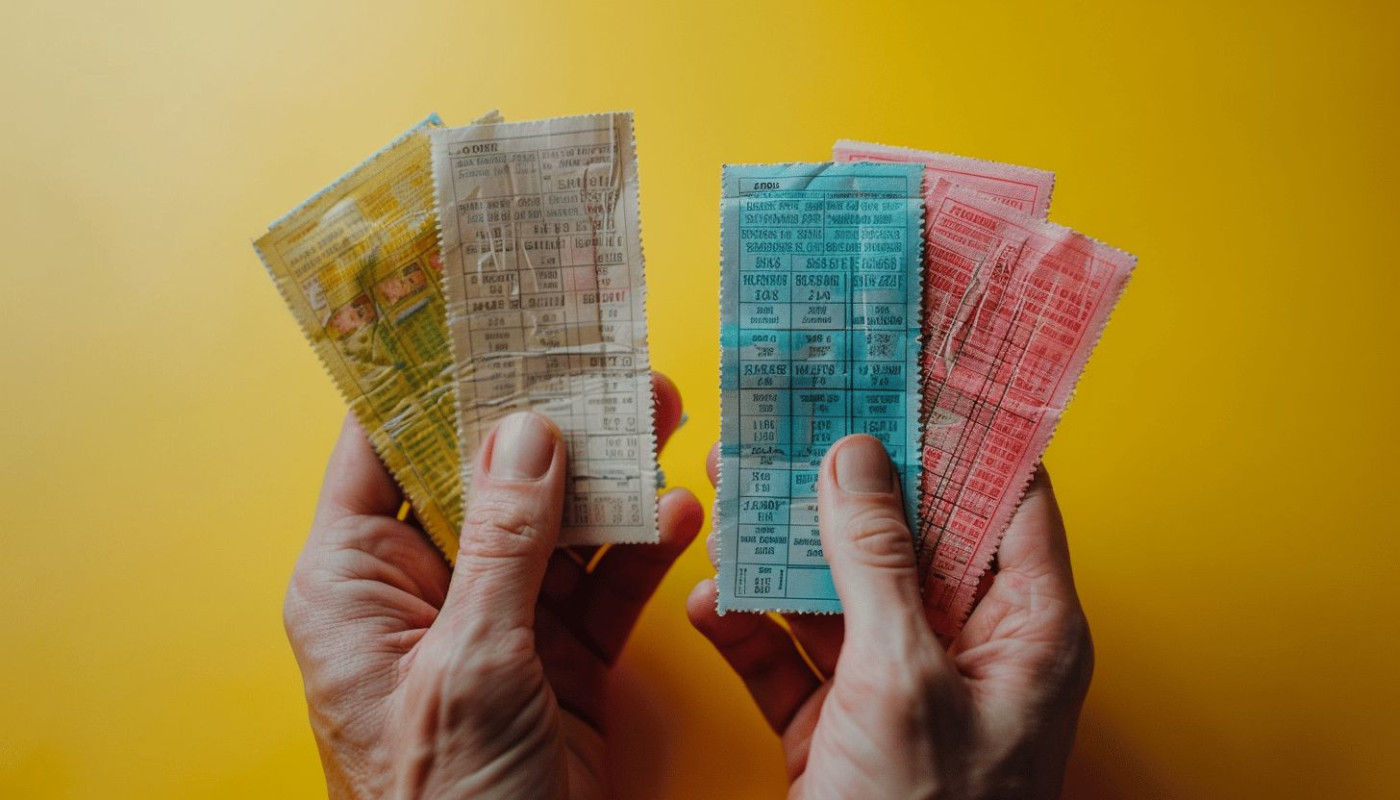Table of contents
Delving into the psychology behind lottery number selection reveals a fascinating interplay between human behavior, mathematical probability, and the tantalizing allure of chance. The decisions made by players when picking numbers can offer a window into our cognitive biases and the illusions of control we often harbor. This exploration into the mindset of lottery participants not only uncovers psychological patterns but also scrutinizes their impact on the outcomes. Continue reading to unearth the strategies and superstitions that guide the selection process and how they might affect the chances of winning.
The Allure of Patterns and the Illusion of Control
Individuals playing the lottery are often enticed by the prospect of discerning winning numbers through identifiable patterns. This propensity towards pattern recognition is a reflection of a common cognitive bias known as 'illusory correlation', where people see connections between events that are statistically independent. Despite lottery draws being a purely random process, many participants hold the erroneous belief that they can somehow exert influence over the outcome through the strategic selection of numbers. This misperception feeds into a broader psychological phenomenon known as the illusion of control, where individuals overestimate their ability to control events that are, in fact, governed by chance. The appeal of pattern selection in lottery numbers offers a sense of empowerment and personal involvement in the game, despite its ineffectiveness in actually increasing the likelihood of a win.
The Role of Superstition in Number Selection
Superstitious beliefs often dictate the process by which individuals select their lottery numbers, with many opting for digits that correspond to meaningful life events, such as birthdays, anniversaries, or other significant dates. These lucky numbers serve as beacons of hope for players, imbuing them with a sense of control over an inherently unpredictable game. Psychologically, this reliance on familiar numbers provides comfort, as participants in the lotteries cling to the notion that their personal milestones could sway the odds in their favor. Despite the deep-seated belief in the power of these numbers, it's imperative to recognize that their selection does not alter the random outcome of lottery draws. The phenomenon of seeing patterns where none exist, known as 'apophenia', plays a pivotal role in the steadfast commitment to lottery superstition, leading players to mistakenly attribute meaning to the coincidences of number sequences. Consequently, while the selection of these numbers may offer psychological solace, it ultimately bears no weight on the game's conclusion.
Frequency Illusions and Number Selection
When individuals select lottery numbers, their choices are often influenced by personal biases and patterns they perceive in the world around them. One cognitive bias that plays a significant role in this process is the frequency illusion, also known as the Baader-Meinhof phenomenon. This bias occurs when people encounter a certain number or piece of information and suddenly begin to notice it everywhere. This heightened awareness can lead lottery players to believe that recently encountered numbers will be lucky or have a higher perceived probability of being drawn again. This inclination to favor certain numbers due to recent encounters can significantly impact their number selection strategy. A cognitive psychologist, an expert in perceptual biases, would confirm that this is not just a matter of chance but a result of confirmation bias, where players seek out information that supports their beliefs and overlooks data that contradicts it. This phenomenon illustrates how the human mind tends to create patterns and meaning from random events, influencing the decisions made in games of chance like the lottery.
The Gambler's Fallacy in Lottery Play
In the realm of lottery play, the gambler's fallacy is a prevalent misconception that can significantly influence the selection of numbers by players. This fallacy leads individuals to believe that if a particular event occurs more frequently than normal during a past period, it will happen less frequently in the future. In the context of lottery draws, this manifests as participants avoiding numbers that have emerged as winners in recent draws, laboring under the false assumption that these numbers are somehow less likely to appear again. They erroneously attribute a 'due' or 'overdue' status to certain numbers, as if the lottery operated with a memory like controlled games might.
However, this belief ignores a fundamental principle of probability—lottery numbers are independent events, each draw being a separate occurrence with the same chance of any number being selected every time. Despite this, the gambler's fallacy persists, influenced by biases in human psychology and a misunderstanding of statistical independence. Behavioral economics, which studies the effects of psychological, cognitive, emotional, cultural, and social factors on the economic decisions of individuals, sheds light on why people succumb to such fallacies when making decisions under risk. The winning probability for any given number remains constant, regardless of past lottery draws, making the selection of lottery numbers a game of chance rather than a strategic endeavor.
Understanding the gambler's fallacy's impact on lottery number selection is essential for grasping why many players might consistently avoid or favor certain numbers. Recognizing the randomness inherent in lotteries can help temper unrealistic expectations and foster a more rational approach to gambling. A behavioral economist with expertise in probability and gambling behaviors would be the individual best positioned to explain the intricacies of this phenomenon and its implications for lottery participants.
Strategic Selection and the Impact on Winning Odds
Many lottery participants believe that strategic selection of numbers can sway the winning odds in their favor. Common tactics include choosing numbers that appear frequently in previous draws, steering clear of obvious number sequences, or turning to random number generators. Despite these practices, the question persists: do these strategies truly make a difference in a game ruled by randomness?
An exploration into lottery strategies reveals that each draw is an independent event, and the probability of winning remains constant regardless of the numbers picked. A statistician with a deep understanding of probability theory would affirm that since lotteries are designed to be random, no pattern or historical data can predict future outcomes. While avoiding sequences might prevent sharing the prize with others who might pick the same simple patterns, it does not increase the likelihood of winning itself. Similarly, selecting frequently drawn numbers does not improve the prospects of success, as every number has an equal chance of being drawn each time. In this context, using a random number generator is as effective as any other method, simply because it mirrors the game's inherent randomness.
Ultimately, while players may find comfort in feeling a sense of control over their destiny, the stark reality is that the odds remain fixed, and the allure of lottery strategies is largely a psychological comfort rather than a mathematical advantage.
Similar




